This article previously appeared on Crossfader
“Is MARIO TENNIS ACES a fighting game?” The video game media has grappled with this question since it launched, struck with either a deep existential angst or SEO-inspired groupthink. Yes, says Waypoint. Definitely, says Kotaku. Secretly, whispers this YouTube video with a few thousand views.
Well guess what folks, it’s not. Sorry. Sure, powerful serves will build up your energy bar, culminating with a super shot animation that echos Street Fighter’s ultra combos, but this is still tennis through and through. Even so, after putting dozens of hours into MARIO TENNIS ACES’ online multiplayer over the past couple weeks, I will admit that ACES shares certain similarities with the experiences I’ve had with actual fighting games, but far more differences. For starters, unlike traditional fighting games, I’m pretty good at it. In the online tournaments I more often than not make it all the way to the semifinals before being in danger of losing. This is in sharp contrast to games like Street Fighter or Super Smash Bros, where I endlessly eat shit online, even at lower-ranking tiers.
ACES’ online tournament feature stands in for a true ranked mode: each win accumulates points, and you can see your ranking, but getting an accurate handle on where you stand can be difficult. Oftentimes, opponents with 3000 points were far more challenging than ones with 6000. The lack of any sort of ladder or tiered ranking system makes it hard for me to tell whether I’m getting lucky with my tournament results or truly am better than 60 of the 64 players in my tournament when I reach the semis.
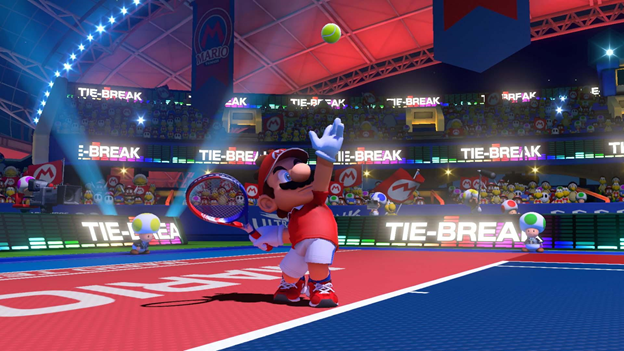
It’s either serve or be served
In addition to limited ranked online play features, ACES lacks the mechanical depth that defines great fighting games. 17 years after SUPER SMASH BROS. MELEE was released, players are still finding new techniques and strategies that shake up the metagame. Success in any Street Fighter or King of Fighters title requires split-second reflexes and hours upon hours grinding bread-and-butter combos until they’re ingrained in muscle memory.
ACES isn’t as physically demanding to play: every technique one could use requires far fewer button presses or exact timing than in traditional fighting games. Great players cannot separate themselves from average players with technical prowess alone. With that being said, large skill gaps still exist. In an ideal world, this would be chalked up to superior shot selection, mind games, and reflexes. When playing against higher ranked players, however, I found that the points I lost felt unavoidable, as if the problem was with the game, not me.
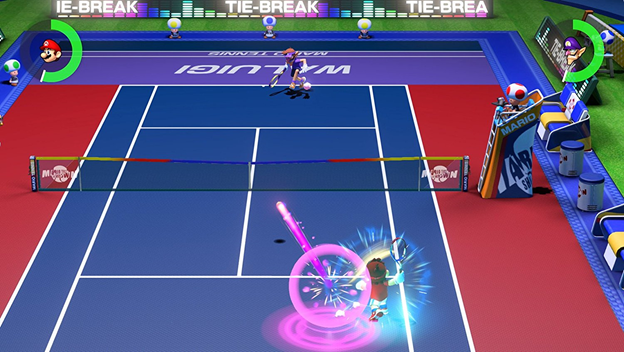
Would Wimbledon allow photoluminescent balls?
These relatively limited choices offer fun and easily grokkable gameplay, but can lead to repetitive rallies. The majority of points I score are by repeating the same pattern of flat shot down the line into flat shot across the court into drop shot, lobbing the opponent if they’re able to get to the drop shot. While discovering this combination was thrilling at first, it feels somewhat cheap and boring to see so many of my wins come down to it.
The elephant in the room when it comes to competitive ACES play, however, is the horrifically unbalanced roster. More than half of the top 100 ranked players use Bowser Jr., with the second largest contingent playing Waluigi. Both of these characters are “Defensive” characters, which offers them greater range than their counterparts of different styles. The most common way of scoring in Aces is to put a ball slightly out of your opponents reach, forcing them to dive and return a weak shot which can be capitalized upon with a strong shot to the other side of the court.
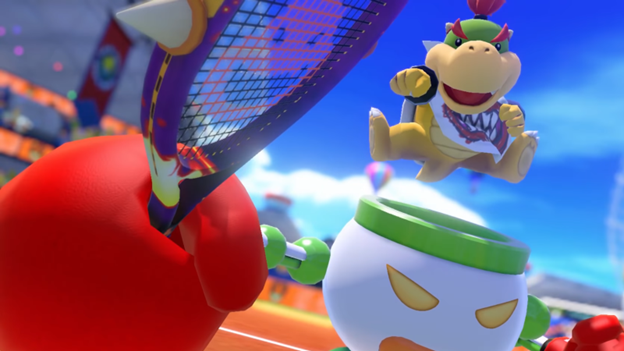
Tennis the Menace
The defensive characters nearly never have this happen to them, thanks to their greater range. Bowser Jr. is particularly egregious in this regard, able to powerfully return balls that would have forced any other character to dive. The competitive community is upset with these characters being overpowered. Oftentimes when I would queue up a match with Bowser Jr., opponents would leave the match once they saw my character selection. A true fighting game would patch these characters as soon as possible to maintain a healthy metagame. Will MARIO TENNIS ACES? It remains to be seen.
For a game that draws so many comparisons to fighting games, ACES barely seems to take itself seriously as a competitive game. The practice mode is woefully bad, both hidden behind a confusing UI and too slow-paced to help players improve. I found myself struggling to block opponents’ Special Shots, a fatal flaw. Missing two special shots results in breaking your racket and losing the match via “knockout.” Upon finding the level to practice blocking special shots, I was frustrated with the glacial pace at which the training session unfolded, taking almost a minute to practice returning six shots. Traditional fighting games have robust training modes with deeply customizable settings, because it’s a given that players will want to repeat the same previously difficult scenario over and over again until it is rote.
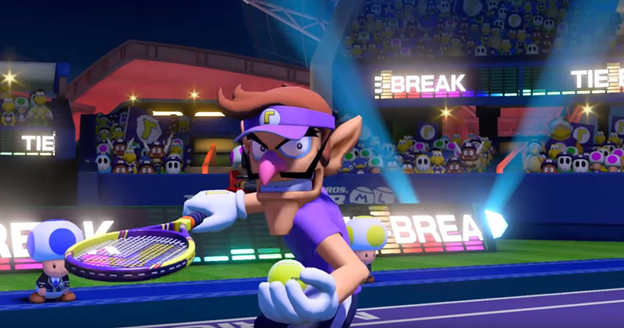
Take Waluigi off this roster and put him in Smash already!
If there’s one area ACES does mimic traditional fighting games, it’s in their least-loved arena. Much like Street Fighter, ACES’ single player Adventure mode is short, disposable, and not that fun. Many of the stages are difficult without being challenging, feeling somewhat like a carnival ball toss that is rigged against you. This is a particular disappointment to many fans of MARIO TENNIS: POWER TOUR for the GBA, considered to be one of the strongest sports RPGs ever made.
If you’re looking for some casual tennis gaming with friends, MARIO TENNIS ACES gets the job done. The animations are pretty, gameplay is easy to pick up, and games between well-matched players can be tense affairs that feel rewarding to win. But at a certain point, once you reach ACES’ relatively low-skill ceiling, it becomes rather tedious. I find myself returning to competitive ACES play every so often, but grow frustrated rather quickly, even when I’m winning. Overall, while MARIO TENNIS ACES shares the trappings of a beat-’em-up, players searching for the same deep, varied competitive gameplay that players of traditional fighting games enjoy might look someplace else.


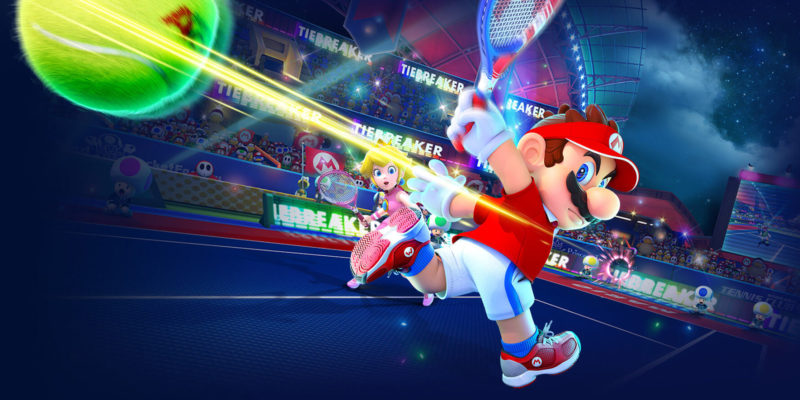

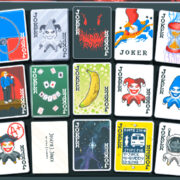
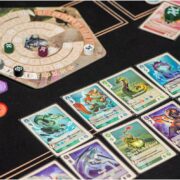
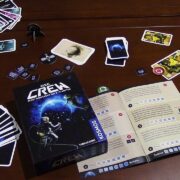
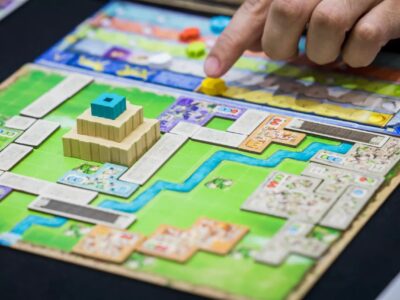
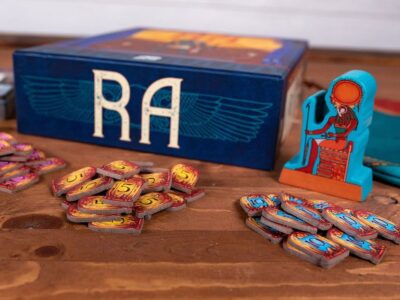
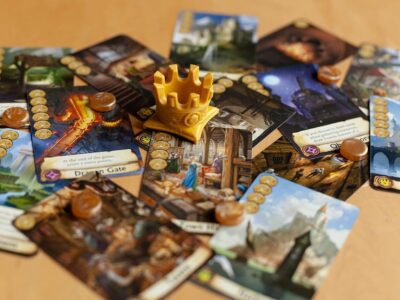
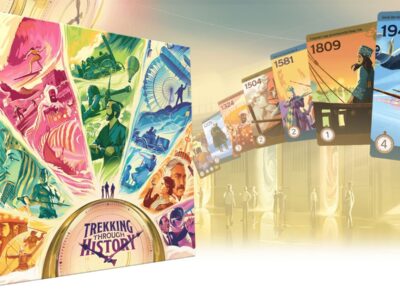


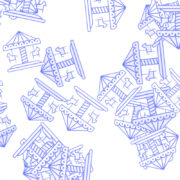






Comments